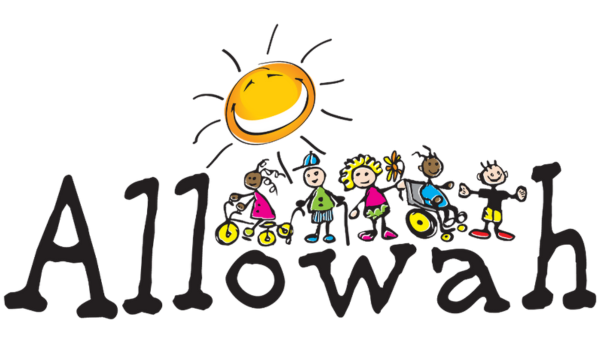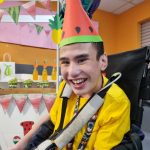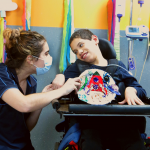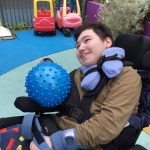Autism
On the 2nd of April, we celebrate World Autism Day – a chance to reflect upon and learn from individuals in our community who live with Autism. It is a word that gets thrown around a lot – but do we really understand it? 1% of the Australian population are living with some form of Autism. It’s time we thought a little harder about this issue!
What is it?
Autism is one of the world’s most common disorders and yet it is also one of the world’s most widely misunderstood disorders. Autism cannot be understood in a stereotype – it shows itself in a wide variety of ways. It is a spectrum disorder, meaning that people can have varying levels of autism which bring with them varying traits.
People with autism typically struggle with communication, behaviour and sensory situations. There are two main streams of autism symptoms and someone who lives with this disorder may have some or all of these issues.
The first category is social communication and interaction. This includes things like struggling to read non-verbal social cues and having problems responding appropriately (i.e. a person on the autism spectrum may not be naturally inclined to smile or wave in response to someone else doing that action). Among these symptoms can be difficulties with creating and maintaining appropriate relationships. A lack of emotional awareness, of self and others, can also be present in someone who is on the autism spectrum. Issues with eye contact and vocabulary may also be present.
The second category of difficulties are those which manifest themselves as restricted or repetitive behaviours. Distress at changes in routine or habit are common in people who have autism. Over or under reacting to sensory situations or physical pain can be a symptom obvious in someone on the spectrum of autism. Fixed interests or movements are part of this category of issues within autism.
Where to from here?
There is no known ‘cause’ or ‘cure’ for autism. Autism is not a disease or an impairment – it is a difference in the development and function of the brain. While some of the effects can be debilitating, individuals on the autism spectrum are often remarkable in many ways and bring great benefit to our society. For example, the fixation often present in the character of someone with Autism can allow them great focus and passion for a particular task or project. Therapy and support which seeks to assist individuals with autism to cope with social situations should be encouraged in order for these individuals to thrive to their full capacity.
There are many people with autism who live completely independent lives and there are others who need more consistent support. A diagnosis of autism does not look the same for everyone – people on the autism spectrum are as diverse as the rest of the population! Let’s strive to see autism as one of the many complex parts that makes up a person’s life experience.




